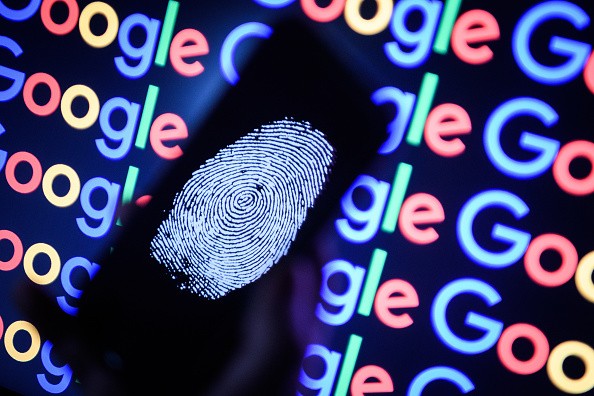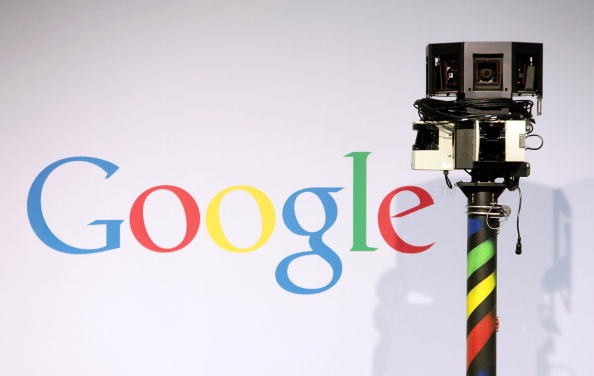Google Messages 6.7 may soon allow users to delete one-time passwords after 24 hours automatically. Nowadays, different services and tasks are connected to an email account or a mobile number, requiring you to authenticate your identity before proceeding.

Also Read : [REVIEW] Google Pixel 4a is the New CHEAP Phone With All Features of Expensive Branded Phones
Because of lots of authentications, users would receive loads of OTPs every time they log into the Google service using a new device, accessing the service in several countries, and making payments through internet banking, debit cards, and credit cards.
These one-time passwords could clog your inbox, making it difficult for you to find the important messages. Google seems to have noticed the current issue since it updated Google Messages to allowing you to remove the OTPs after one day.
Google Messages 6.7 contains new "strings"
The latest version of Google Messages now contains new "strings." These codes mean that the service is currently working on a feature that will automatically remove the OTPs. Here the translation of the codes.
-Auto-delete OTPs after 24hrs
-No thanks
-Continues
-This message is categorized as a one-time password

One-time passwords are just temporary access, and most of them are only valid for a short period of about 10 minutes, depending on the service's needs. Once the code expires, it'll be useless.
Usually, users forget deleting the old OTPs once they already used it. The new feature would help clean the inboxes from the expired one-time passwords.
Other OEMs (original equipment manufacturers) have also resolved the inbox-clogging issue by displaying OTPs and other promotional messages in a separate secondary inbox. However, Google's update could be the best solution right now since one-time passwords have no future utility.
The new feature would be released as an option, allowing users to decide whether they'll use it or not.
For more news updates about Google Messages, always keep your tabs open here at TechTimes.
This article is owned by TechTimes,
Written by: Giuliano de Leon.
ⓒ 2026 TECHTIMES.com All rights reserved. Do not reproduce without permission.




